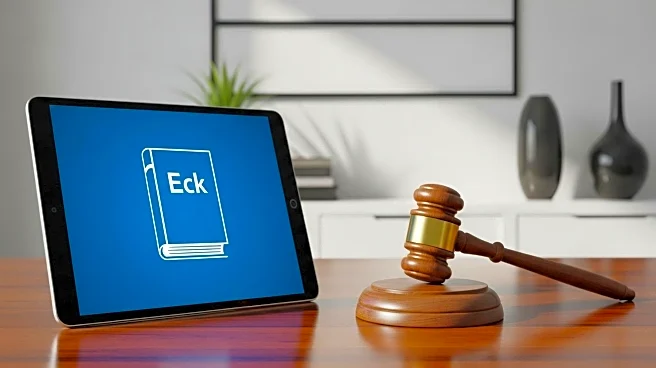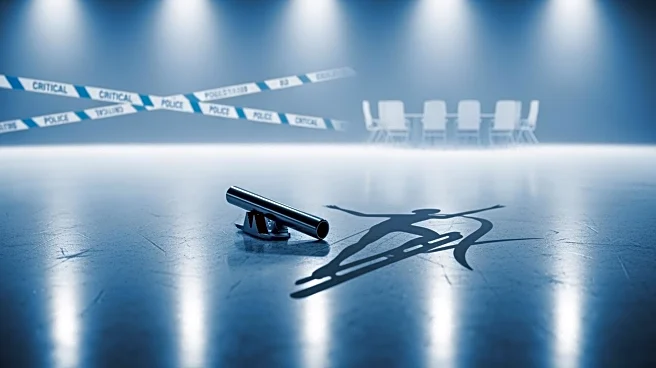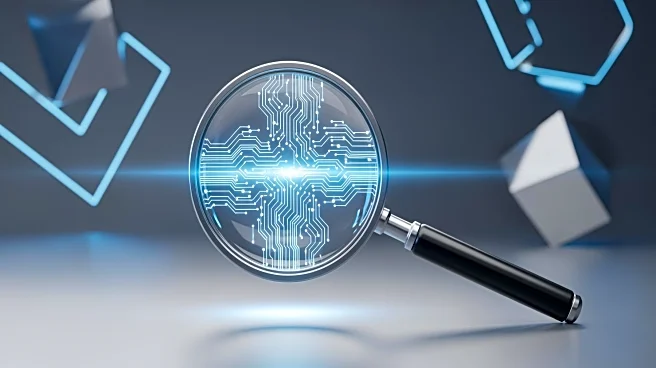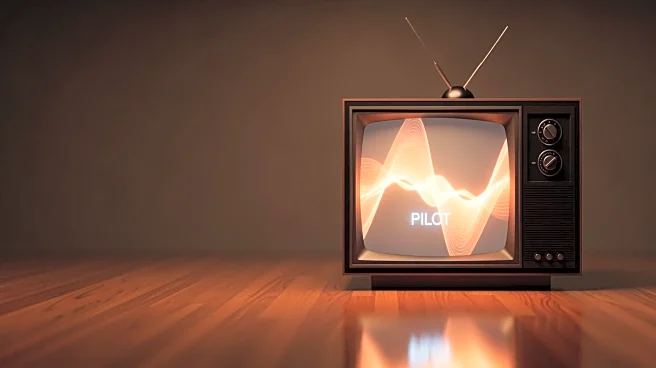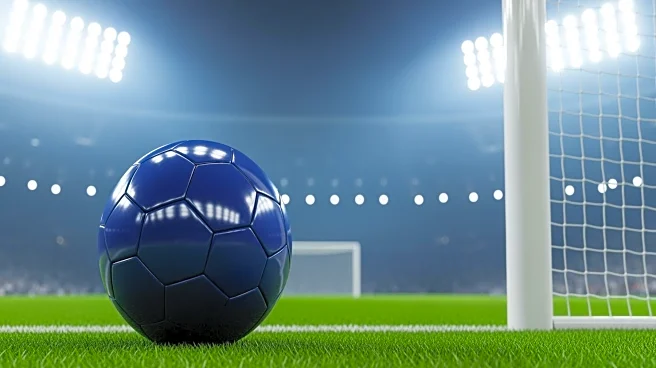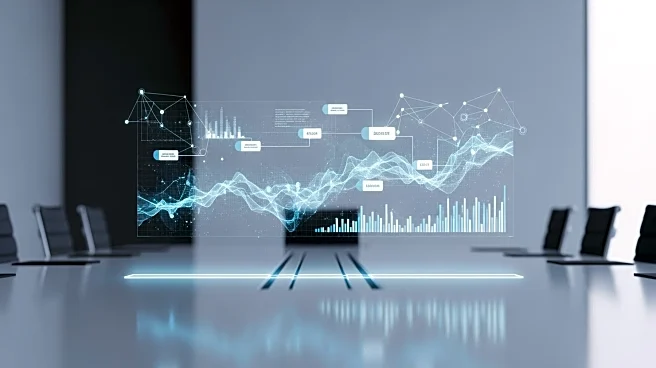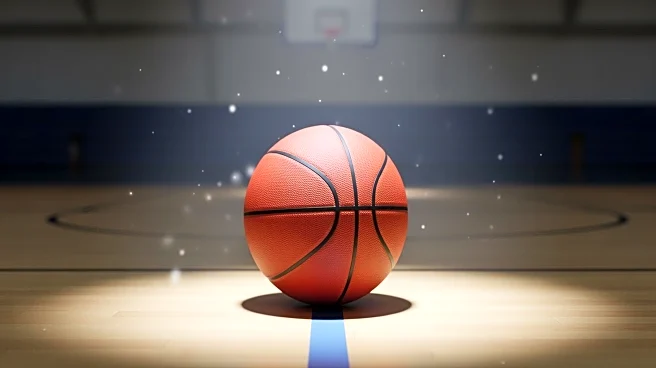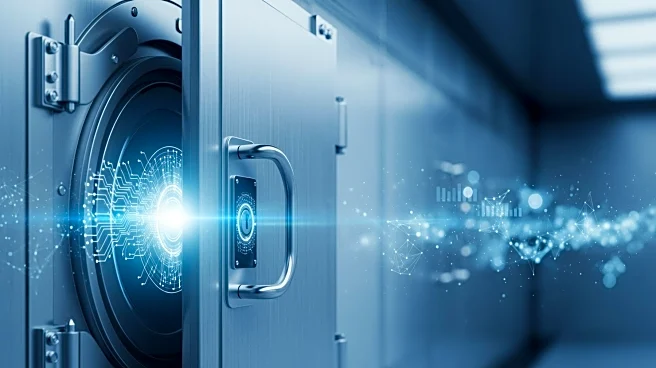What is the story about?
What's Happening?
A class action lawsuit against AI company Anthropic is set to proceed with a hearing on September 8, where details of a settlement are expected to be released. The lawsuit, announced in July, initially estimated that up to seven million books could be involved. However, recent information suggests that the number may be significantly lower. The Association of American Publishers (AAP) clarified that the case is limited to books illegally downloaded from pirate sites Library Genesis and Pirate Library Mirror. To be included in the class, books must have been published and registered with the U.S. Copyright Office within specific timeframes. Judge William Alsup defined eligible books as those possessing an ISBN or ASIN, registered within five years of publication, and before being downloaded by Anthropic, or within three months of publication. The AAP noted that works published or registered after July 2022 are outside the class, with some works having a cutoff of June 2021.
Why It's Important?
The lawsuit against Anthropic highlights significant concerns regarding copyright infringement in the digital age, particularly involving AI technologies. The outcome of this case could set a precedent for how AI companies handle copyrighted material and influence future legal frameworks surrounding digital content. Publishers and authors stand to gain clarity on the protection of their intellectual property, while Anthropic faces potential financial and reputational repercussions. The narrowing of eligible works for recovery underscores the importance of timely copyright registration, which could affect the publishing industry's approach to digital rights management.
What's Next?
The September 8 hearing will likely provide more guidance on the settlement approval process, including notice and claims procedures. The court's decisions could impact how publishers and authors pursue copyright claims against AI companies in the future. Stakeholders in the publishing industry may need to reassess their copyright registration practices to ensure protection against unauthorized use. The case could also prompt discussions on the ethical use of AI in handling copyrighted materials, potentially leading to new industry standards.
Beyond the Headlines
The lawsuit raises broader questions about the intersection of technology and intellectual property rights. As AI continues to evolve, the legal system may need to adapt to address new challenges in copyright enforcement. The case could influence public policy debates on balancing innovation with the protection of creative works, highlighting the need for updated regulations that reflect technological advancements.
